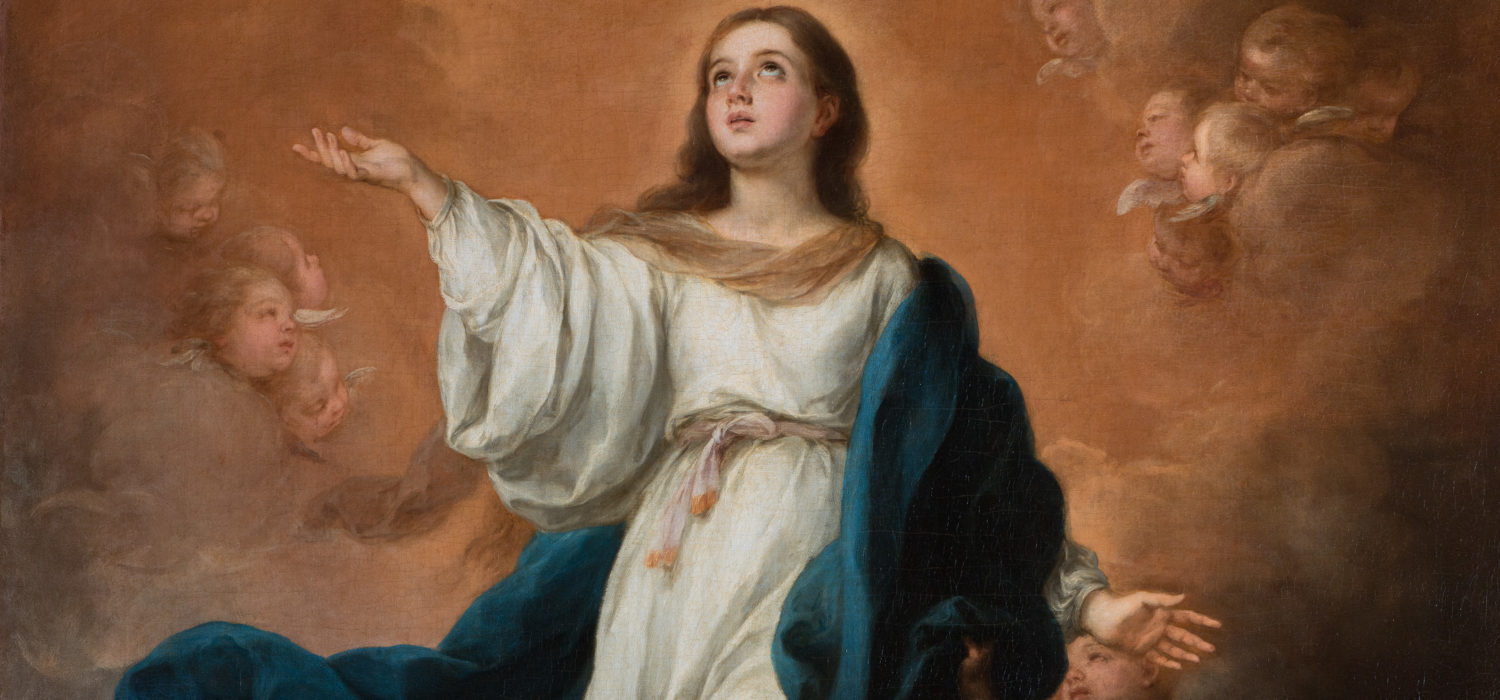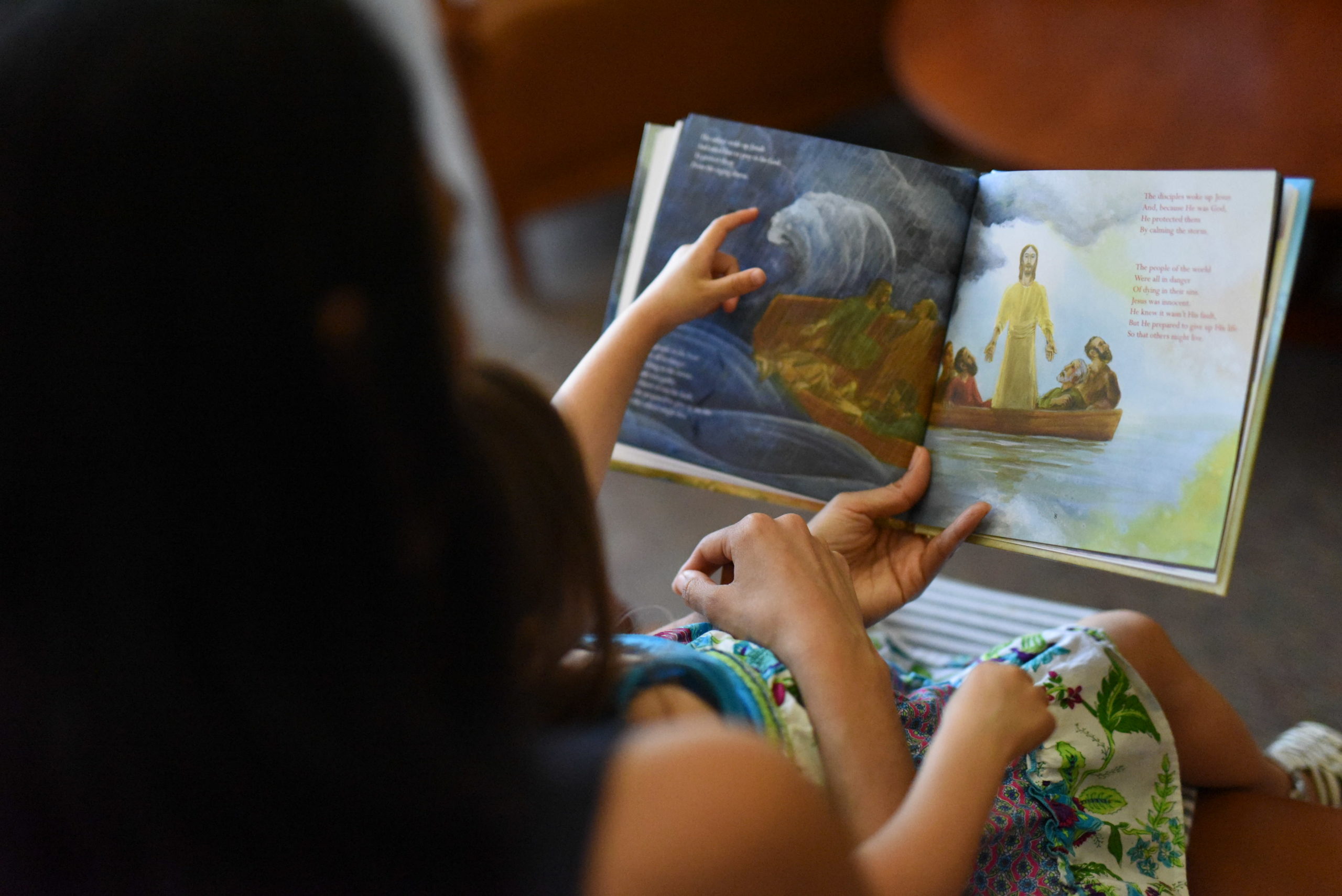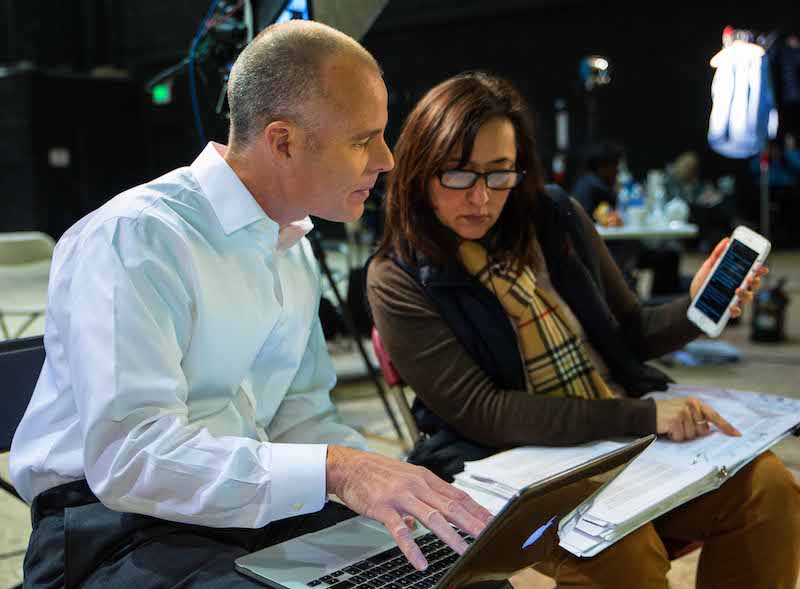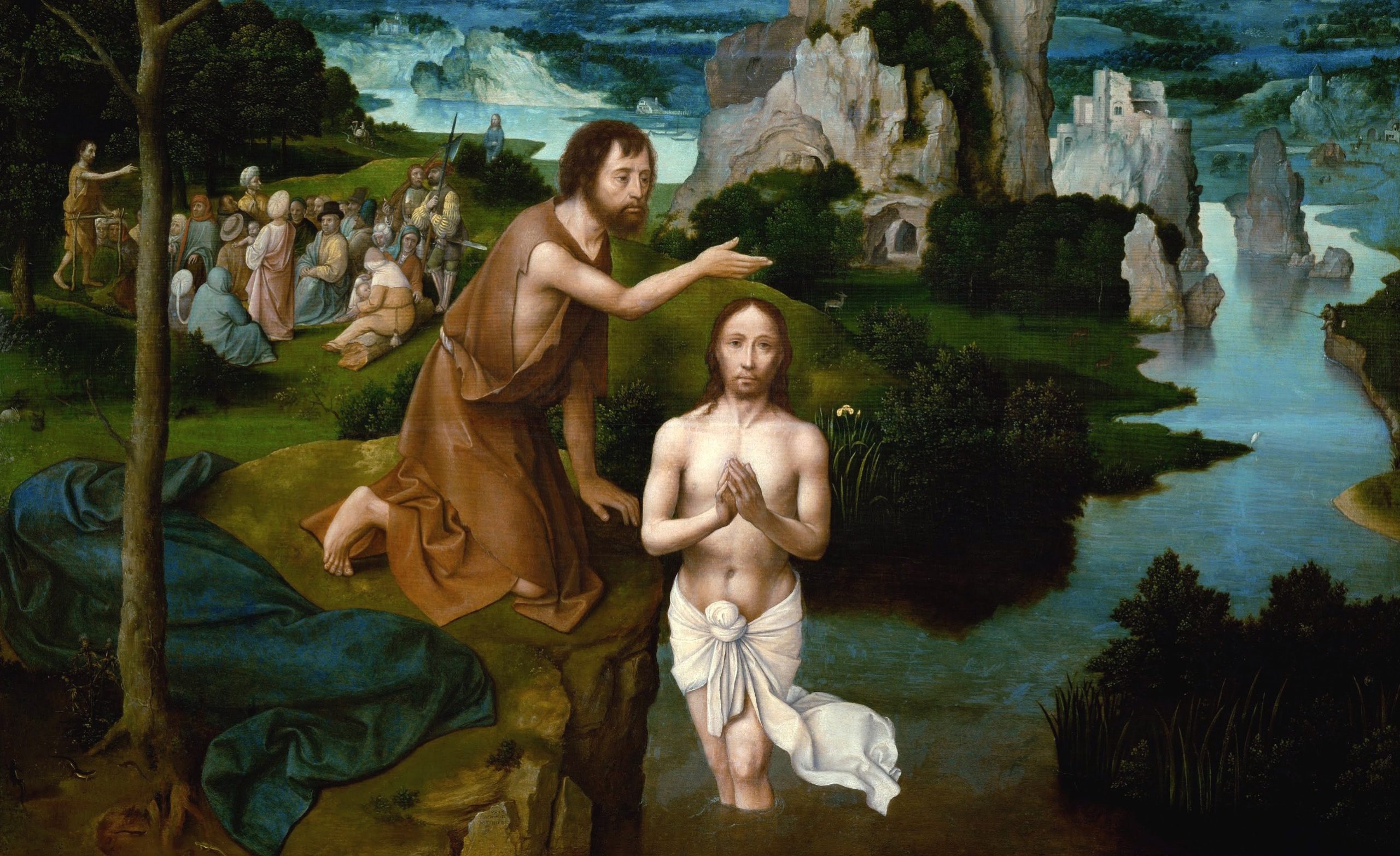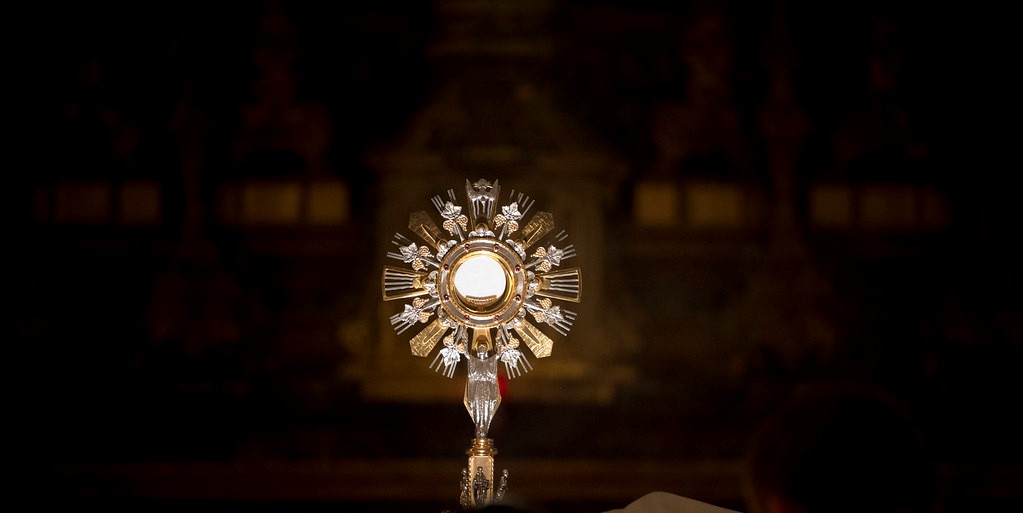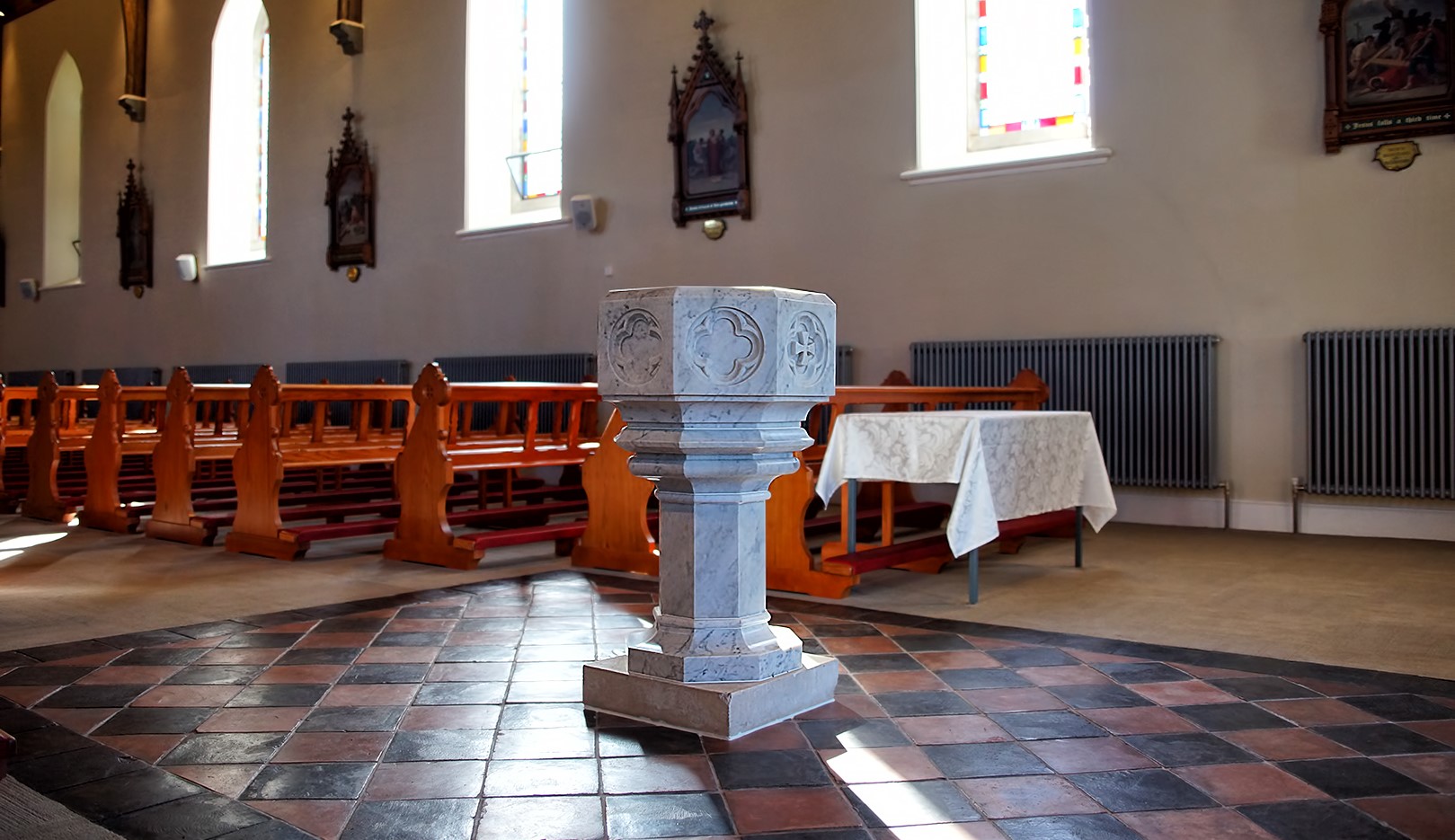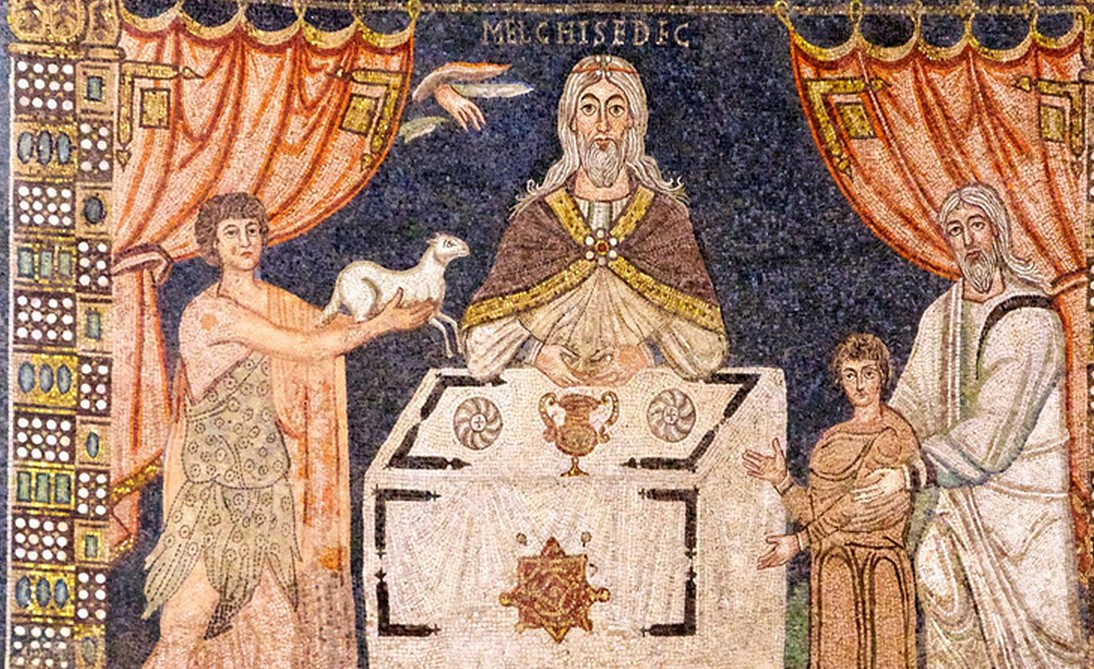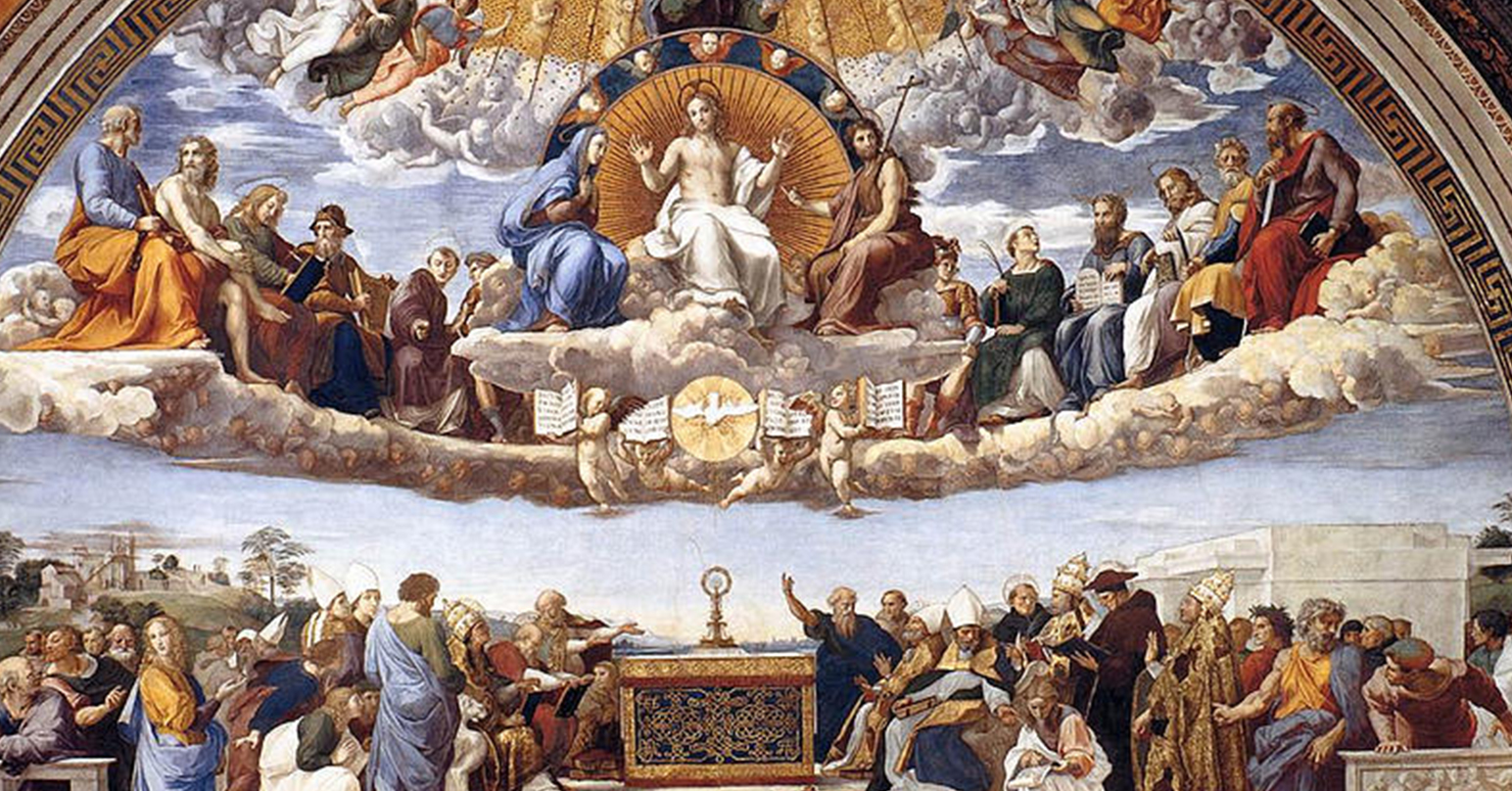What Is Virtue?
What is virtue? Go ahead and try to come up with a definition—and don’t cheat by looking at the rest of this article!
I am willing to bet this was a difficult task for most—I can’t remember the last time I heard a meaningful definition of a virtue given in everyday circumstances. Most of us mistakenly think that the virtues are academic categories reserved for philosophers and theologians. However, the virtues are the basic stuff of the Christian moral life. The Catechism has defined virtue as “habitual and firm disposition to do good” (1833).



